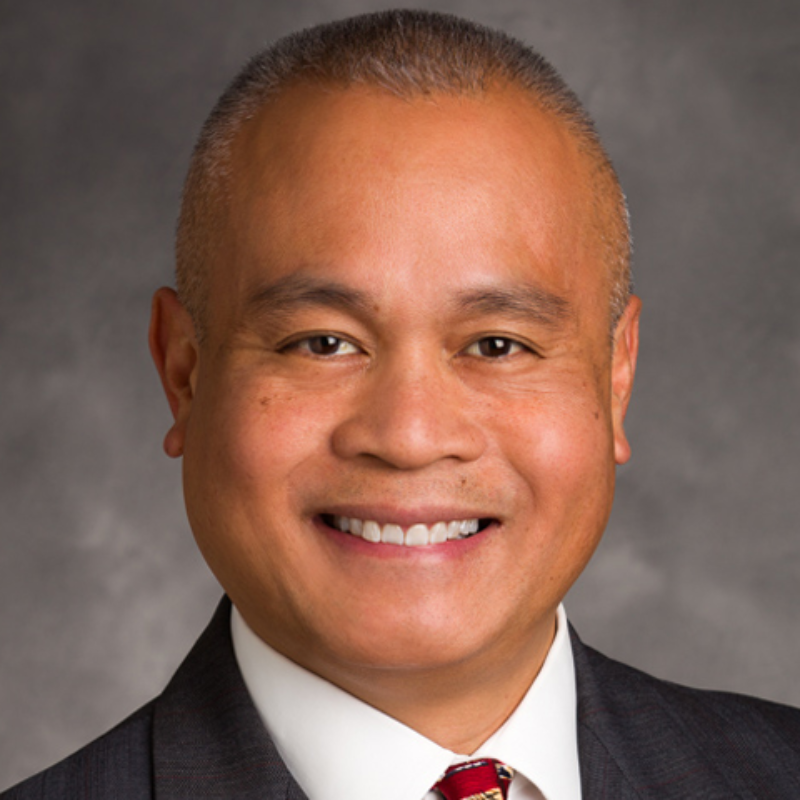This op-ed originally appeared at CalMatters.org.
I remember when I first realized the gulf that separates humankind based on income and wealth.
I was sitting in the backseat of my father’s beat-up Dodge sedan watching my father, the gardener for a convent in Orange County and other people’s properties. Oftentimes, I would join him, still in my Catholic elementary school uniform. We worked hard, but many people were rude or worse, and acted as if we didn’t exist.
Years later, with the help of education and hard work, I was able to break that barrier and attain greater economic security. But the COVID-19 crisis has harshly illuminated the profound disparities that remain at the heart of the U.S. economy.
Frontline essential workers have paid the biggest price for the health and economic consequences of the pandemic, with lost jobs, reduced hours and a heightened risk of contracting COVID-19. Lower-income communities have difficulty making ends meet on a daily basis and are unable to return to the pre-pandemic lifestyle. Meanwhile, the S&P 500 has soared to record highs, rewarding the investor class and the wealthy with untold profits even as most stayed hunkered and healthy in their homes.
As an investment advisor, I hear wealthy Californians express an acute sense of powerlessness when it comes to inequality and how to address it.
I do not believe we are willing to accept an indecent reality where the rich get richer and the poor get poorer. And I believe we can create a new reality to bridge the wealth and income gap in this country.
The first approach is affirming the critical role of government programs to create jobs and opportunities for those economically left behind. According to a recent report by the Urban Institute, the federal recovery plan enacted in March could reduce U.S. poverty by a third in 2021.
Proposals from the Biden administration and Congress to rebuild the nation’s physical and social infrastructure could narrow the gap even more. Additionally, policymakers should consider tax measures to address the tremendous accumulation of wealth during the pandemic.
But government cannot and should not do this work alone. As individuals, we’re not powerless when it comes to addressing wealth and income gaps. The pathway is paved with sacrifice, but it is also paved with compassion and promise.
In June, the billionaire philanthropist Mackenzie Scott made a splash with her announcement of a new round of substantial donations to nonprofits working to address systemic problems facing our society today, including racial inequality. It was a helpful reminder to all people with means – billionaires or not – that we can do more to promote a more equal, more robust economic recovery than simply increasing our spending on travel, restaurants and retail. We can contribute to organizations whose mission is to provide services and financial assistance to those in need.
Foundations and nonprofit organizations are already doing this work in communities across the country and applying proven strategies to help individuals and families grow their incomes and assets over time, focusing on everything from job training and higher education to entrepreneurship and small business development.
Over the past year or so, I find myself thinking a lot about the boy in that Dodge sedan many years ago who felt the sting of shame at his family’s place in society. Yet I am encouraged that we can create opportunity and work collaboratively to shape a new reality that narrows wealth and income inequality. A strong and healthy democracy depends on all of us stepping up to the challenge of acknowledging – and bridging – the two worlds that divide us.

